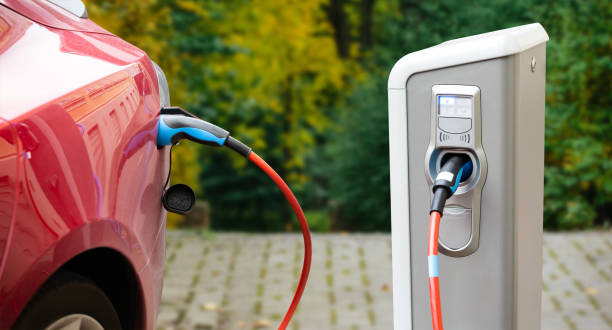
It is no secret that zero emission vehicles will be an important part of our personal transportation in the near future. However, the belief that they will completely replace more conventional technology is simply not realistic. The idea sounds great at first. Eliminate the evil byproducts of combustion while reducing our dependence on fossil fuels. What’s not to like? Well, let’s dig a little deeper into the topic and see what we can find out.

First off, it is important to understand that electricity is simply another form of energy. A battery is a way to store that electrical energy, just as fossil fuels like gasoline store potential thermal energy. While battery technology has improved drastically over the last couple of decades and continues to evolve, even the best modern battery can’t store even close to the amount of energy stored in fossil fuels. For example, a gallon of gasoline contains approximately 100 times the amount of energy that a battery of the same size can provide. Even accounting for the greater efficiency of an electric powertrain, gasoline still comes out way on top.

The second issue concerns environmental impact. While it might be true that oil drilling could be significantly reduced by the widespread adoption of electric vehicles, the battery manufacturing process comes with its own set of concerns. Modern batteries contain large amounts of rare metals and other elements that must be mined, processed, and transported from around the world. Not exactly free in terms of environmental damage or reliance on foreign energy sources. Being able to completely rely on electric vehicles will also require the development and installation of a nationwide charging network. This massive infrastructure project will require tremendous amounts of resources to complete.

So what about pollution? Eliminating the production of nitrogen oxides, unburned hydrocarbons, and carbon dioxide clearly demonstrates the superiority of electric vehicles, right? Not exactly. First of all, producing electricity still requires the burning of fossil fuels in many cases. Depending on which part of the country you live, the electricity you use could be produced by burning large amounts of coal or natural gas. Increasing the demand on the electrical grid will only serve to increase the emissions from those power plants. Renewable energy sources are becoming increasingly viable, but it is unlikely that they will ever completely replace more consistently reliable forms of producing electricity.

So are electric vehicles simply not a viable alternative to internal combustion engines? Not in the least. Electric vehicles do possess a number of advantages over their fossil fuel burning counterparts. The first, and potentially largest benefit is that the vehicle itself produces no harmful emissions. This is a huge thing to consider, especially for congested urban areas. Imagine a city such as New York with hundreds, if not thousands of vehicles stuck in gridlock, continuing to run their engines and emit noxious pollutants. Now imagine being a pedestrian, walking along the street, breathing a large concentration of those pollutants. Replacing those vehicles with electric ones would eliminate that public health hazard completely.

Another advantage is that electricity does come from cleaner sources in many parts of the country. Nuclear, Solar, Wind, and Hydroelectric sources account for a significant portion of electricity and do not produce harmful emissions like those from burning fossil fuels. Replacing internal combustion vehicles with electric ones in this case would directly reduce the overall amount of harmful byproducts of combustion.
My takeaway from all of this is that there will always be a need for personal transportation in one form or another. Transportation requires energy, and energy production will always come with a cost. Oil exploration, drilling, and refining are far from the cleanest or least damaging human activities, but mining, processing and transporting rare earth materials aren’t any better. Zero emission vehicles are a great concept, and I believe that we should continue to develop and promote them for applications that make sense, such as daily commuting in urban areas. However, modern internal combustion vehicles are extremely clean and efficient, and improvements continue to be made.
So let’s not throw out the baby with the bathwater, so to speak. I see no need to completely disrupt or destroy our current infrastructure in the hope that we can fully replace it with something better. Instead, let’s focus on how to utilize our scarce resources in the best and most responsible way possible. This will require continued effort from everyone, whether we are talking about resource production, fossil fuel usage, or even which type of car we drive.